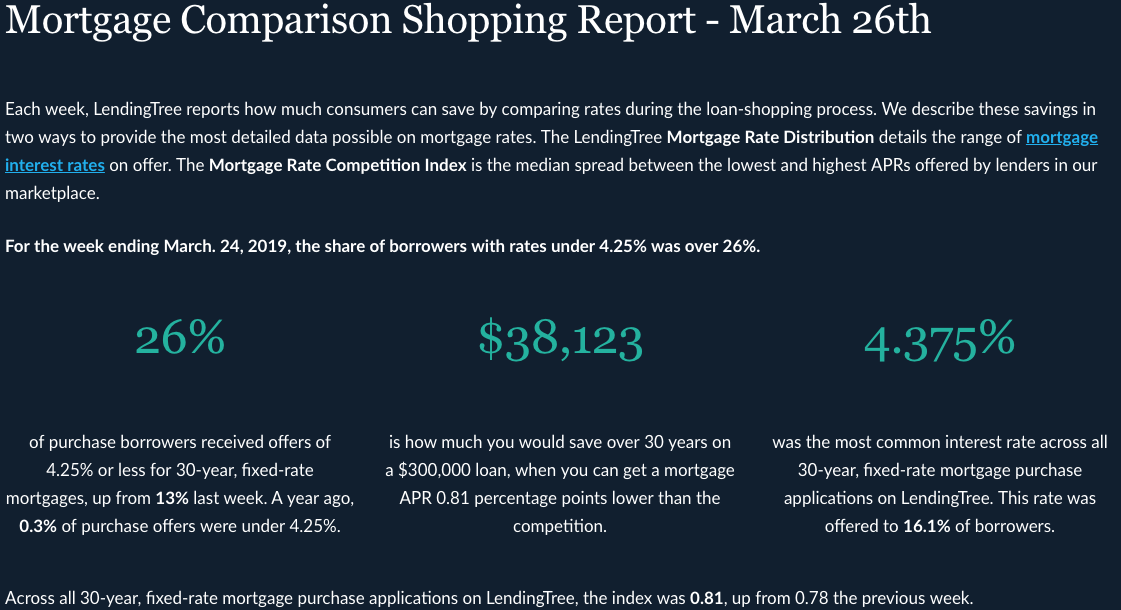REIGs resemble small mutual funds that buy rental properties. In a normal realty financial investment group, a company buys or develops a set of house blocks or condos, then allows financiers to buy them through the company, therefore joining the group. A single investor can own one or several units of self-contained living space, but the business operating the investment group collectively manages all of the systems, handling upkeep, advertising vacancies, and speaking with occupants.
A standard property investment group lease is in the financier's name, and all of the systems pool a part of the espn finance jobs lease to defend against occasional jobs. To this end, you'll get some earnings even if your system is empty. As long as the job rate for the pooled units does not increase expensive, there should be adequate to cover costs.
House turning requires capital and the capability to do, or oversee, repair work as needed. This is the proverbial "wild side" of realty investing. Just as day trading is different from buy-and-hold financiers, realty flippers are distinct from buy-and-rent property owners. Case in pointreal estate flippers often want to profitably offer the underestimated homes they buy in less than six months.
Therefore, the investment should already have the intrinsic value needed to make a profit with no changes, or they'll remove the residential or commercial property from contention. Flippers who are unable to quickly unload a residential or commercial property might find themselves in trouble since they normally do not keep sufficient uncommitted money on hand to pay the home loan on a home over the long term.
Getting The What Percentage Of Mortgages Are Below $700.00 Per Month In The United States To Work
There is another sort of flipper who makes cash by buying fairly priced homes and including value by renovating them. This can be a longer-term investment, where financiers can just pay for to take on a couple of residential or https://www.prweb.com/releases/2012/8/prweb9766140.htm commercial properties at a time. Pros Ties up capital for a much shorter period Can provide fast returns Cons Requires a much deeper market understanding Hot markets cooling all of a sudden A realty financial investment trust (REIT) is best for investors who want portfolio exposure to genuine estate without a traditional genuine estate transaction.
REITs are bought and sold on the major exchanges, like any other stock. A corporation needs to payment 90% of its taxable profits in the type of dividends in order to maintain its REIT status. By doing this, REITs prevent paying business income tax, whereas a regular company would be taxed on its profits and after that have to decide whether to distribute its after-tax revenues as dividends.
In contrast to the previously mentioned types of real estate financial investment, REITs afford financiers entry into nonresidential financial investments, such as malls or office complex, that are typically not possible for private investors to acquire straight. More crucial, REITs are extremely liquid because they are exchange-traded. To put it simply, you will not require a realtor and a title transfer to help you cash out your investment.

Finally, when taking a look at REITs, investors must differentiate between equity REITs that own structures, and home loan REITs that supply financing for genuine estate and mess around in mortgage-backed securities (MBS). Both deal exposure to realty, but the nature of the direct exposure is different. An equity REIT is more standard, because it represents ownership in genuine estate, whereas the mortgage REITs focus on the income from mortgage funding of realty.
Getting My What Is The Enhanced Relief Program For Mortgages To Work
The investment is done by means of online realty platforms, also called realty crowdfunding. It still requires investing capital, although less than what's needed to acquire residential or commercial properties outright. Online platforms connect investors who are seeking to finance jobs with property developers. In some cases, you can diversify your investments with not much money.
And just like any investment, there is earnings and prospective within property, whether the total market is up or down.
Purchasing realty is a popular method to invest, andif you do it rightyou can make some genuine money! You know why? Since home is valuable. As Mark Twain put it, "Buy land. They're not making it any longer." Research studies show that a lot of Americans believe realty is a fantastic long-lasting investment.1 So, what holds individuals back? Let's be sincere: Purchasing realty is a huge commitment that requires a lot of money and time.
Alright, I've got my training hat on. It's time to talk method. What are the different types of property investing? And how can you make money in property? Property investing comes in various sizes and shapes. I desire you to understand your choices so you can make the best choice for your circumstance.
What Kind Of People Default On Mortgages - An Overview

We need a frame of mind shift in our culture. Great deals of individuals have the aspiration to buy a house, but I desire you to reach higher. The objective is to own that bad boy. Own a home is the initial step in realty investing, and it's a substantial part of achieving monetary peace.
You can stay calm no matter the ups and downs of the property market, and it also maximizes your budget plan to begin saving for other types of financial investments. The truth is, settling your home is among the finest long-term financial investments you can make. It will not increase your money circulation, but it will be a substantial boost to your net worth by offering you ownership of a valuable possession.
Owning rental residential or commercial properties is a terrific method to create additional revenueit might easily include countless dollars to your yearly income. Then, if you decide to sell, you could earn a nice profit. It all depends on what kind of home you buy and how you handle it. The key is to always purchase in a good place that has potential for development.
You'll deal with seasons when someone doesn't pay rent or you're in between tenants. You also have to think about the additional expenditures of upkeep, repair work and insurance coverage. And then there's the time cost: When the toilet busts at 2 a.m., guess who has to concern the rescue? Yupyou! Ever heard of Murphy's Law? Things that can fail will go wrong.
How Many Mortgages In Dallas Metroplex 2016 Fundamentals Explained
Turning a home means you purchase it, make updates and enhancements, and after that offer itall within a relatively fast amount of time. House flipping is appealing due to the fact that it's a quicker process than leasing a home for several years. In a matter of months, you could get your house back on the market and (hopefully) turn a nice profit.
When turning a home, remember that the key is to buy low - how is the compounding period on most mortgages calculated. For the most part, you can't anticipate to make a good profit unless you're really getting a lot on the front end. Before you leap into home turning, speak to a realty agent about the potential in your local market.
If you definitely like hands-on work, then have at it! However ensure to budget a lot of money and time for the procedure. Updates and restorations often cost more than you believe they will (what percent of people in the us have 15 year mortgages). You can generate income from realty homes 2 various ways: appreciated worth of the residential or commercial property gradually and capital from rental earnings.